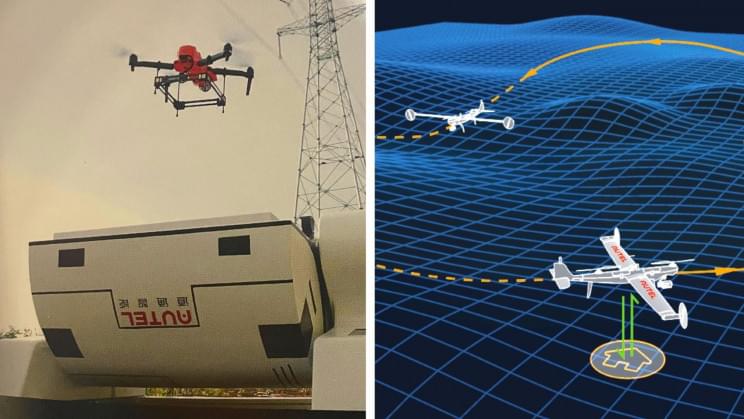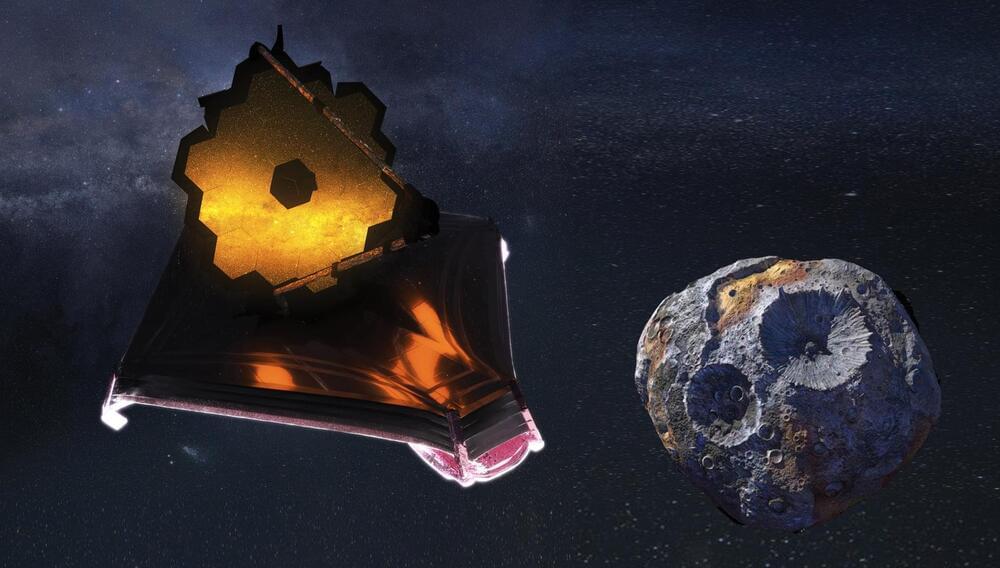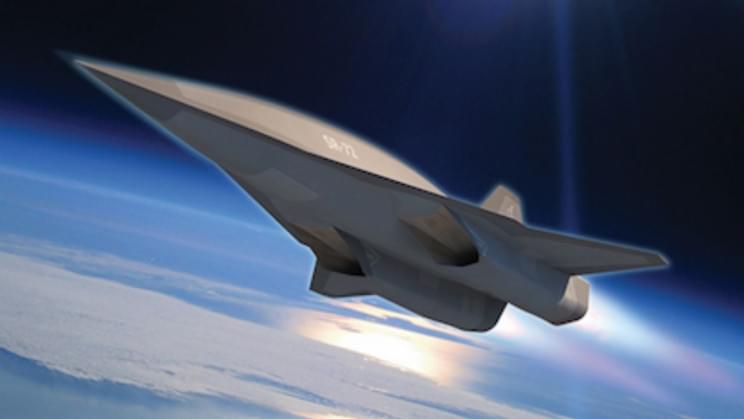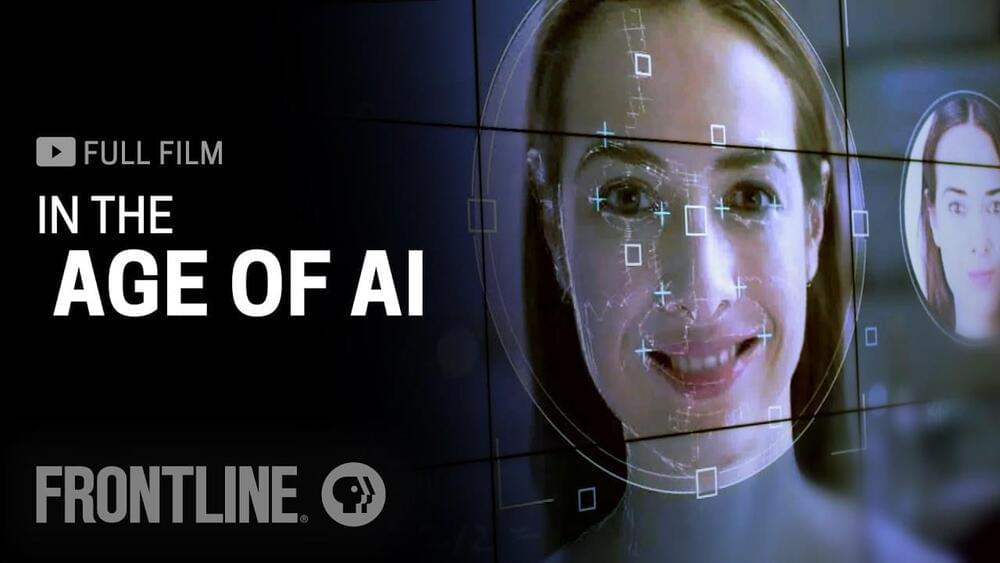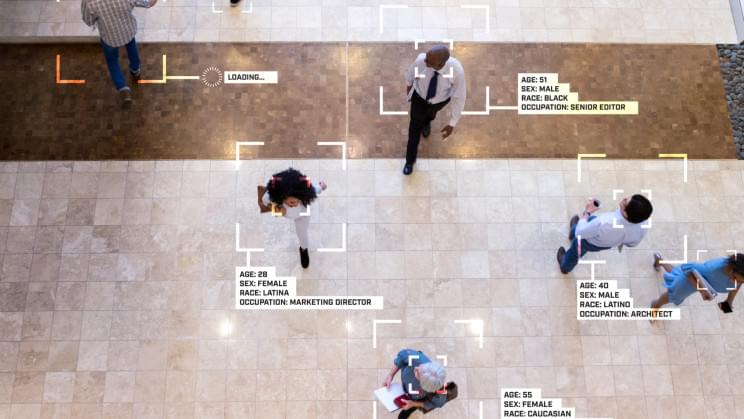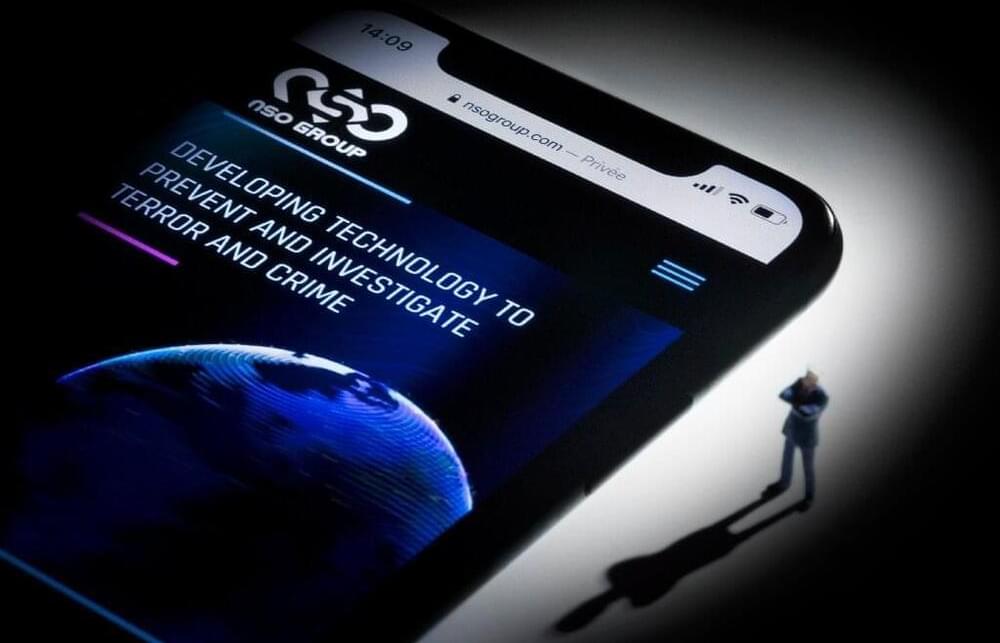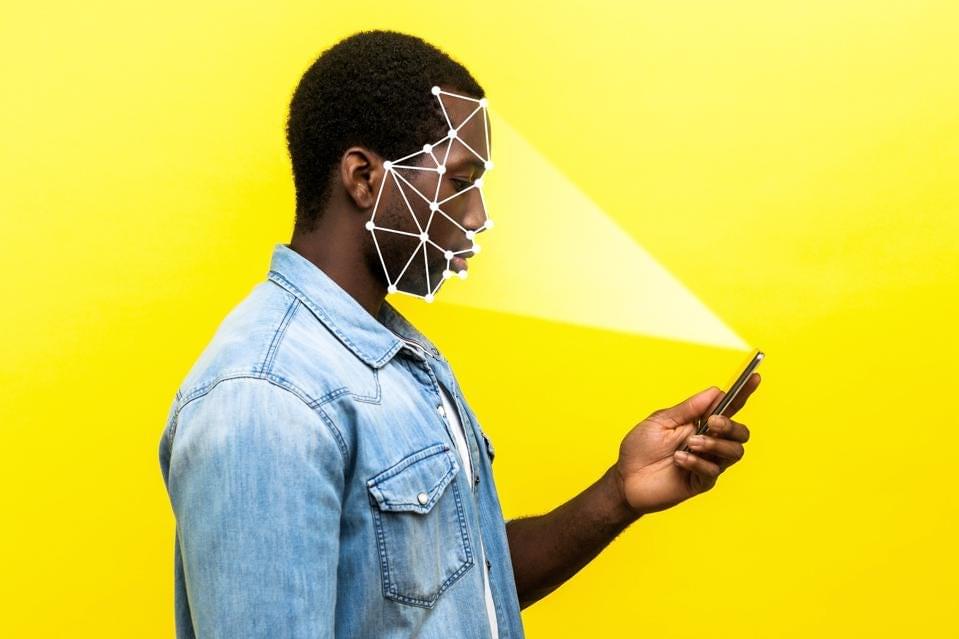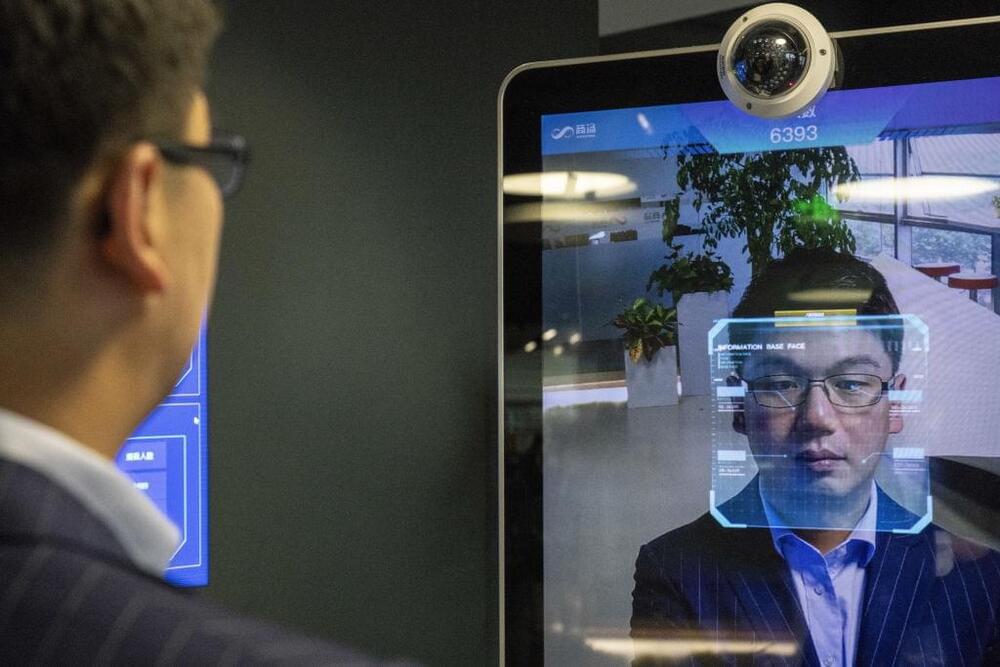However, as Malcolm Murdock, machine-learning engineer and author of the 2019 novel The Quantum Price, puts it, “AI doesn’t have to be sentient to kill us all. There are plenty of other scenarios that will wipe us out before sentient AI becomes a problem.”
“We are entering dangerous and uncharted territory with the rise of surveillance and tracking through data, and we have almost no understanding of the potential implications.” —Andrew Lohn, Georgetown University.
In interviews with AI experts, IEEE Spectrum has uncovered six real-world AI worst-case scenarios that are far more mundane than those depicted in the movies. But they’re no less dystopian. And most don’t require a malevolent dictator to bring them to full fruition. Rather, they could simply happen by default, unfolding organically—that is, if nothing is done to stop them. To prevent these worst-case scenarios, we must abandon our pop-culture notions of AI and get serious about its unintended consequences.

